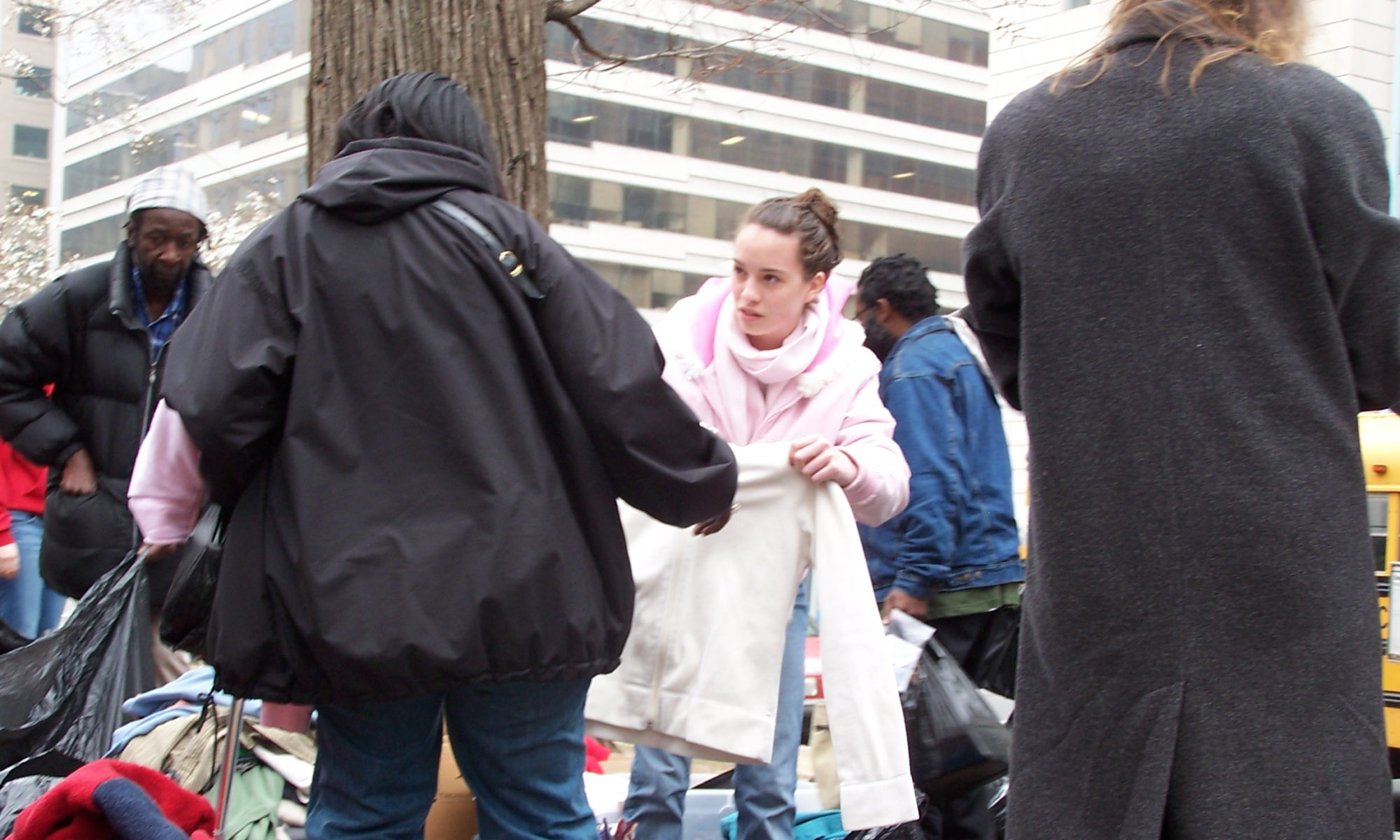Mahatma Gandhi was passionate about justice. The young Indian-born lawyer found his way to South Africa after finishing law school in London. When he saw discrimination against Indian people there, he fought for their civil rights. After achieving success, he returned to India where he organized peasant farmers and urban laborers to resist excessive land taxes and discrimination. After that, he spent most of the rest of his life securing the independence of India from Britain.
Gandhi fought injustice wherever he saw it and was able to rally an entire nation of people to peacefully challenge the status quo and achieve freedom.
If you look through history, you will find people who changed entire cultures by rallying thousands or millions to stand with them against injustice, bigotry and oppression.
Chances are you and I will never do that. For most of us, activism is limited to writing to our governmental leaders and voting our conscience. We will, at best, play only a small part in transforming our society.
Does that mean we can’t do much to right wrongs and rid the world of injustice? No. Each of us can bring about enormous change… for one person.
I have spent 27 years working with people on the bottom rung of society’s ladder. For them every single day is a struggle to survive. They are beaten down to the point where they have difficulty taking advantage of even the best opportunities presented to them. They need advocates. They need people to help them fight the injustices they face.
You can realize justice for one. You can advocate for one. You don’t have to change the whole world. Just help change the world for one person.
That person may be poor, in prison, in an orphanage, a nursing home, or a hospital. They may not be able to work their way through their situation. But with someone to speak for them, they can triumph.
So now you know who to advocate for. To whom do you advocate?
- Start with the person you are helping. They may not feel they are worthy or capable of a better life. They may not think they have what it takes to fight that war. It is our job let them know that we believe in them so they can believe in themselves. If their heads and hearts aren’t in the right place, anything else they do is more likely to fail.
- Advocate for opportunity. It may involve helping them find the opportunity they need, fill out applications, physically going with them to help them through whatever the next step might be, or just being there to answer questions or give counsel and advice.
- Advocate for resources. Peter’s 1986 Ford conversion van (it was his home as well as his transportation) transmission blew. We put out an appeal for funds to get it fixed. He is now back to work and will soon move into an apartment.
- Advocate for legitimacy. Be willing to be a reference for jobs or entry into programs. This means that you have to really get to know the person you are helping.
- Advocate for justice. I hate courtrooms, but I have been in more of them than I care to remember to offer moral support or to testify on behalf of someone I’m helping. I have also helped them put together appeals for when they have been wrongly denied services.
It sounds like a lot and it can be taxing. If you pick up this mantle, don’t be surprised if there are times when you will grow “weary in well doing.” But if you are willing to step just a little out of your comfort zone you can bring about justice for one. Then their world (and yours) will never be the same.
God’s grace to you,
Steve Jennings, Executive Director
Teens Opposing Poverty
